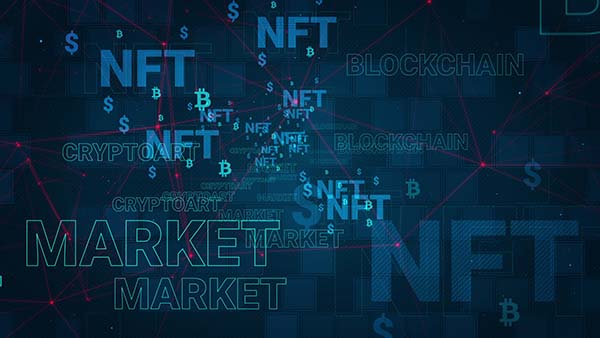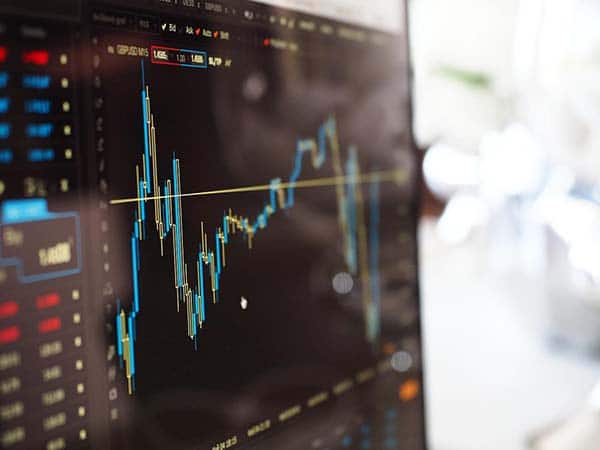While this may be true to some extent, as blockchain technology finds its footing and the world becomes more acclimated to it, I’m here to remind you of the top four crypto changes around the world that have happened since Satoshi first came online over a decade ago.

Dubai, Estonia, El Salvador and Central Africa
If you live in the United States (like me), our government, as well as others, has had a back and forth relationship with blockchain technologies—unsure where cryptocurrency belongs, how taxable it is, and in some countries whether or not it should even be legal. But, that’s not a universal truth.
For example, both Dubai and Estonia have made commitments to integrate blockchain technologies. Estonia has committed to moving all of its public records onto the blockchain with the help of tech giant Ericsson. Dubai is taking it one step further, in 2016 aiming to be the world’s first blockchain-powered state.
But for countries like El Salvador and (just this last week) Central Africa, the tie to cryptocurrency goes further. Both countries have adopted Bitcoin as their legal tender. They view Bitcoin as a strong alternative to their own currencies, and a way to not rely on other countries' currencies (most notably the US Dollar).
While the effectiveness of this has been debated, both countries aim to boost domestic consumption, reduce cost of transfers, and attract foreign investment with this move.

New Artistic Mediums
When NFTs first started to break into the mainstream a couple of years ago, it felt like the crypto world had expanded. In a way, not so different from some NFTs today, Blockchain mutated. A new variant was born with its own particular use cases and demographics came online.
And yet, most wouldn’t have predicted that only a couple of years later, actors like Ashton Kutcher, musicians like Snoop Dogg and Eminem, and athletes like Serena Williams would all have NFTs as their profile pictures.
Beyond the hype, the popularity of NFTs have legitimately opened up a new creative medium for many. Artists like Beeple, Pak, and Mad Dog Jones have made names for themselves within this new space specializing in NFT art—and getting paid extremely well for their creations.
Already established artists like musician Grimes and Filmmaker Quentin Tarantino are offering up their own NFT experimentations. Even those usually outside of the art world, like Twitter founder Jack Dorsey, have jumped in the ring; Dorsey decided to auction off his first-ever tweet!
Medical Upgrades
One of the most practical advantages of new blockchain technologies is better managing data. While this applies to pretty much any industry, one of the most important sectors is our medical field.

For example, the United States Centers for Disease Control and Prevention has begun to adopt blockchain technology to track the spread of diseases—they believe it has already improved their disaster relief and response. Obviously, extremely important in a world undergoing a global pandemic.
Organizations like MedRec are moving electronic medical records to the blockchain for confidential storing, faster sharing, and easier authentication. They aren’t alone in doing so, as many in the medical field are building the infrastructure that will run our future hospitals.

Finance and Manufacturing
Finally, the most obvious sector that is currently being transformed by cryptocurrency and blockchain technology is finance.
One of the largest banks on the planet, Barclays, has already launched a number of blockchain projects with the goal of tracking transactions more efficiently and fighting fraud. They’ve said that “Our belief… is that blockchain is a fundamental part of the new operating system for the planet.”
Groups like Augur have brought derivatives trading and prediction markets to the decentralized economy. Other groups, like Transactivigrid, allow users to produce and sell energy in a decentralized fashion, hoping to bring down the global costs of energy transfer.
You could say that with the birth of cryptocurrency, we’ve seen the birth of a new asset class—one outside of stocks and bonds, and far different than past currency investment options.

